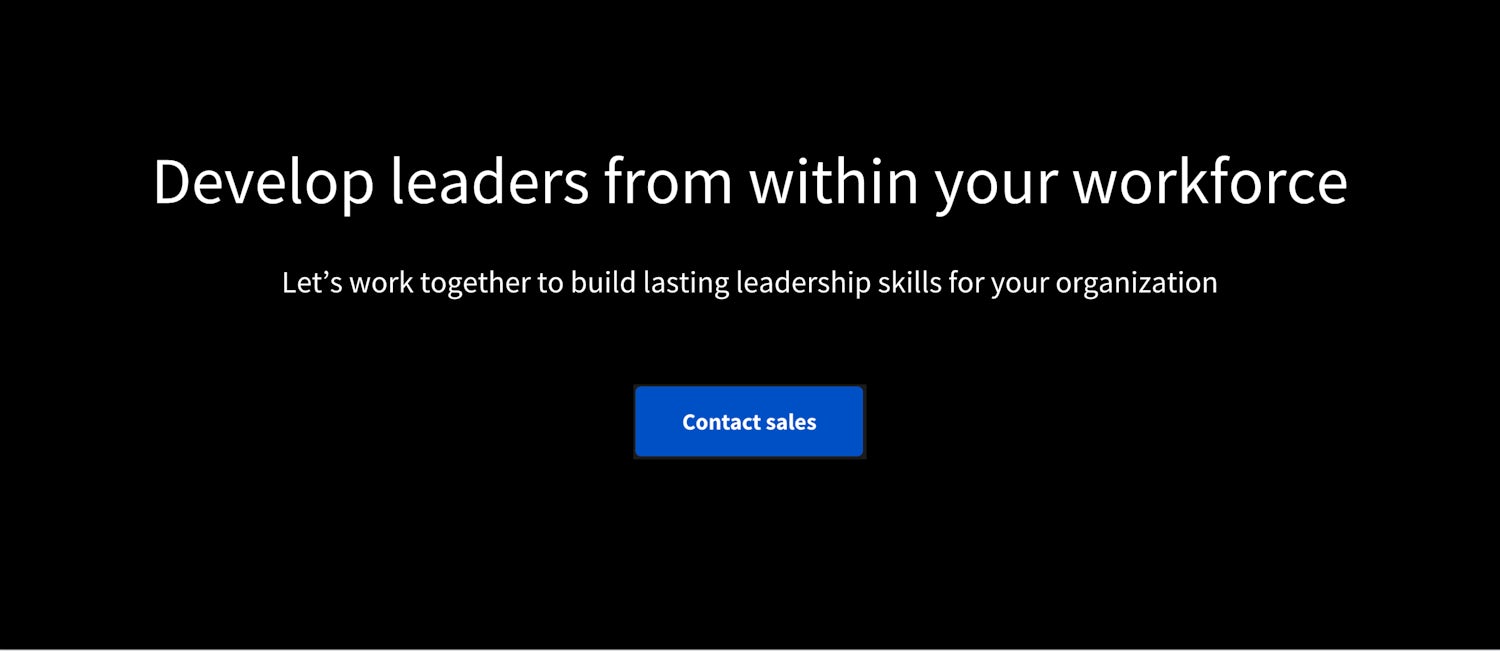10 Essential Managerial Skills and How to Develop Them
Discover the skills you need to be effective in a manager position and get tips for developing your managerial skills.
![[Featured image] Manager reviewing data during a meeting](https://d3njjcbhbojbot.cloudfront.net/api/utilities/v1/imageproxy/https://images.ctfassets.net/wp1lcwdav1p1/2dC0qvkEYSEnZQmZxlvkex/6bd111b84b0ce0fbc84ff5a766cb9e99/GettyImages-1176592503.jpg?w=1500&h=680&q=60&fit=fill&f=faces&fm=jpg&fl=progressive&auto=format%2Ccompress&dpr=1&w=1000)
Effective management requires various key skills, from good communication and conflict management to strategic thinking. Knowing what managerial skills you need and how to develop them can help you become a better manager. This guide identifies ten essential skills managers need, clearly explaining what management is, why good management matters, and how you can benefit from being a manager.
The demand for AI skills has transcended the tech industry, growing in nearly every sector in the US [1]. You can stay ahead of the curve and learn to use AI productively and effectively in your role by enrolling in the online program Microsoft Copilot: Your Everyday AI Companion.

What is management?
In business, management refers to supervising employees and overseeing day-to-day operations to meet an organization's goals and objectives. Managers need to have a deep knowledge of their particular industry, which means having some level of business expertise.

How does good management benefit a company?
Good management helps ensure an organization's success in several ways. These include:
Planning: Good managers plan strategies to achieve company goals.
Organization: Good managers know about company resources and how to allocate them.
Direction: Good managers know how to direct and motivate employees.
Control: Good managers ensure employees execute tasks and make changes when needed.
Read more: 8 Management Styles in Business: Choosing the Best Fit
What are some benefits of being a manager?
No matter what industry you choose, being a manager has certain benefits. Typically, managers get to enjoy the following benefits:
Get to be involved in making important decisions at work
Enjoy some control over what work they do and when and how they work on it
Spend a good deal of time in collaboration with other people and working with teams
Enjoy opportunities for job-related learning and development
Have many options for career advancement within or outside of the workplace
Receive a good salary and benefits

10 skills every manager should have
Managing companies and employees effectively takes a specific skill set. To build your managerial expertise, consider attaining these skills:
1. Ability to delegate
As a manager, the ability to delegate can offer you a variety of benefits. First, sharing tasks with others saves you time at work and reduces your stress levels. Delegating also engages and empowers your employees, helps build their skill sets, and boosts productivity in the workplace.
2. Ability to inspire and motivate
Employees depend on managers for support and guidance. By providing goals and objectives and a clear vision for how to meet them, you can keep employees motivated to perform their best. Other ways to inspire and motivate employees include finding ways to make work more engaging and rewarding and providing positive and helpful feedback.
3. Conflict-management
Workplaces typically have occasional conflicts, so knowing how to navigate them makes managing easier. This skill involves identifying the cause or causes of conflicts and coming up with quick and effective remedies.
4. Decision-making
Decision-making involves identifying an issue, weighing options, and taking action. The ability to make decisions can save time, boost productivity, build trust, and reduce confusion in the workplace.
5. Effective communication
Being a manager involves interacting with people regularly. On any given day, you might run a staff meeting, make a presentation to board members, or resolve a conflict between two employees. In addition to conveying information, listening when communicating is essential. Practicing good listening helps you be present, maintain eye contact, and paraphrase what your speaker says.
6. Emotional intelligence
If you can manage your emotions and help manage the emotions of others, chances are you have emotional intelligence. Emotionally intelligent managers often have empathy for others, a sense of self-awareness, an ability to think before speaking or acting, and a high degree of resilience.
7. Flexibility
Roadblocks pop up in any workplace, and good managers know how to get around them. Flexibility involves finding multiple ways to manage a team, complete a task, or solve a problem.
8. Organization
As a manager, you may have much to handle at once, including tasks, reports, meetings, projects, and presentations. Good organizational skills can help. These include goal setting, scheduling, time management, and recordkeeping.
9. Problem-solving
Problem-solving goes hand-in-hand with decision-making. The process involves identifying a problem, weighing solutions, choosing the best one, and evaluating whether or not it works. Managers who are good problem solvers have an easier time meeting company goals and objectives.
10. Strategic thinking
Managers who can strategically think offer great value to companies. Strategic thinking involves the following:
Analyzing data to come up with strategies
Creating strategies for meeting company goals and objectives
Thinking of ways to implement strategies
Directing others in the completion of goal-related tasks
Communicating the results to company stakeholders
Ways to develop managerial skills
Gaining new skills or improving the ones you have can help you be more successful in a management position. Whether you're a current manager or hoping to become one, consider these tips for developing management skills:
Seek advice and guidance from a mentor.
Read books about management theories, techniques, and styles.
Think about areas you need to improve, set goals, and take steps to achieve them.
Go back to school and get a certificate or a degree.
Attend industry-related training, conferences, and workshops.
Practice skills like active listening, delegating, and organization.
Join a public speaking group or take a public speaking or business writing class.
Look for opportunities to be a leader at work, home, class, or through volunteering or sports.
Develop people management skills.
You’ll ideally concentrate on developing specific people management skills. By focusing on specific competencies, you can build higher competency levels in each area compared to a general competency approach. Enrolling in professional development courses is a great way to learn new management techniques and improve your existing skills.
You might also want to find a mentor or business coach to guide you on competency gaps and how to refine them. Asking other managers for feedback or advice is another great way to learn more about yourself—and what you need to do to improve as a manager.

Next steps: Getting started with Coursera
To develop current management skills or pick up new ones, consider taking the Strategic Leadership and Management Specialization offered by the University of Illinois at Urbana-Champaign on Coursera. You'll learn how to build good relationships in the workplace, lead teams, and inspire employee motivation and engagement. You'll also discover principles, theories, and frameworks to help you manage employees more effectively and explore long-term business and corporate strategy. At the end of the course, you'll participate in a capstone project where you can apply everything you've learned and receive a shareable career certificate.

Article sources
1. Lightcast. "2023 Stanford AI Index Report, https://lightcast.io/resources/blog/demand-for-ai-skills-continues-climbing." Accessed September 13, 2024.
Keep reading
Coursera Staff
Editorial Team
Coursera’s editorial team is comprised of highly experienced professional editors, writers, and fact...
This content has been made available for informational purposes only. Learners are advised to conduct additional research to ensure that courses and other credentials pursued meet their personal, professional, and financial goals.